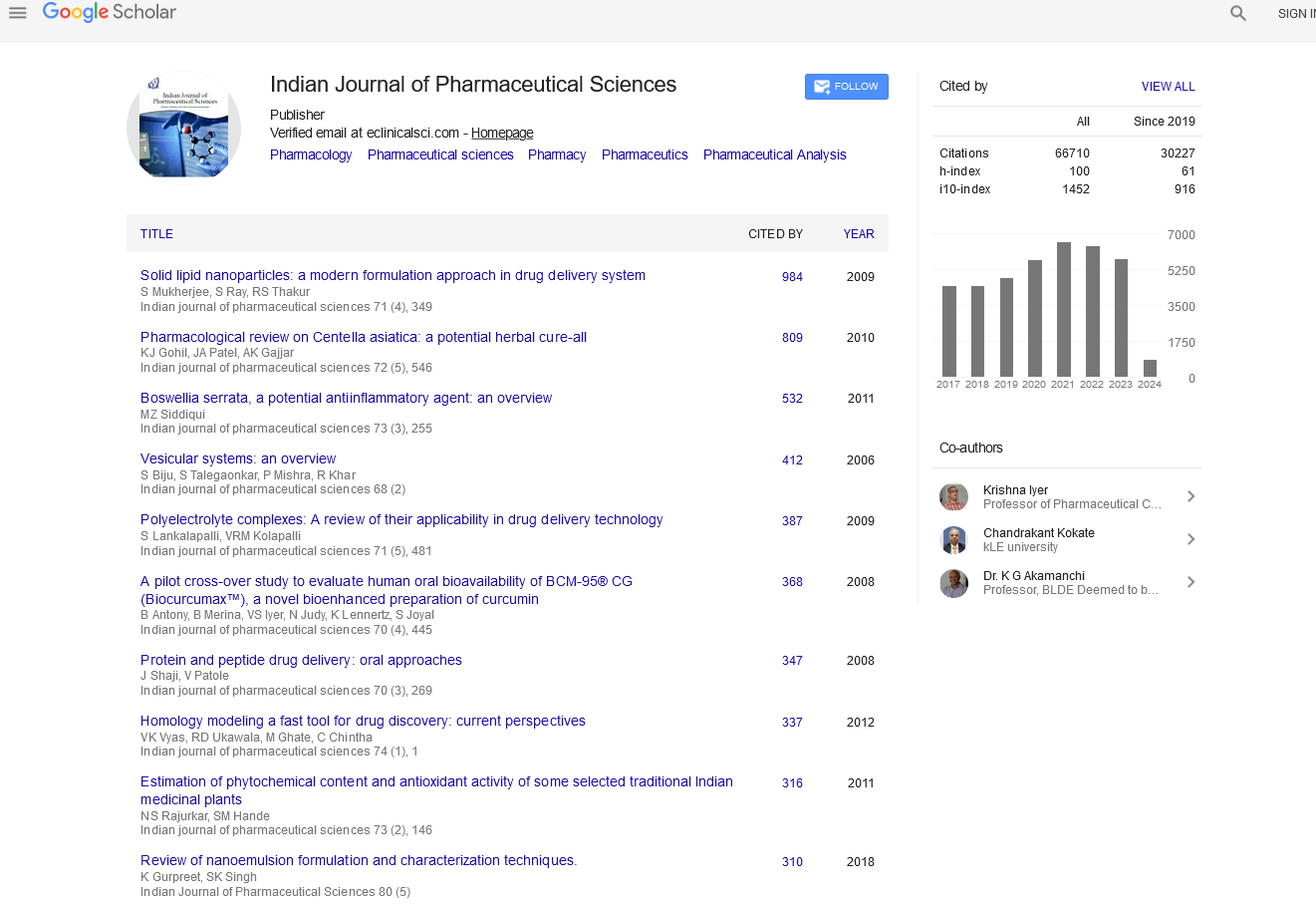Abstract
In vivo antimalarial activities of russelia equisetiformis in plasmodium berghei infected mice
1Department of Medical Microbiology and Parasitology, Ladoke Akintola University of Technology, PMB 4400, Osogbo, Nigeria 2Department of Pharmacology and Therapeutics, Obafemi Awolowo University, PMB 13, Ile-Ife, Nigeria 3Department of Pharmacology and Therapeutics, University of Ibadan, Ibadan, Nigeria 4Department of Pharmacology and Therapeutics, Ladoke Akintola University of Technology, PMB 4400, Osogbo, Nigeria
Correspondence Address:
O Ojurongbe Department of Medical Microbiology and Parasitology, Ladoke Akintola University of Technology, PMB 4400, Osogbo Nigeria E-mail: oojurongbe@lautech.edu.ng
The rising problem of resistance to most commonly used antimalarials remains a major challenge in the control of malaria suggesting the need for new antimalarial agents. This work explores the antiplasmodial potential of ethanol extract of Russelia equisetiformis in chloroquine Plasmodium berghei infected mice. Swiss albino mice were intraperitoneally infected with chloroquine-resistant P. berghei (ANKA). Experimental mice were treated for four days consecutively with graded doses of plant extracts and standard antimalarial drugs (artesunate and chloroquine) at a dose of 10 mg/kg body weight used as control. The extract showed a dose-dependent activity in the chemosuppression of P. berghei parasites by 31.6, 44.7, 48.4 and 86.5% at doses of 100, 200, 400 and 800 mg/kg, while chloroquine (10 mg/kg) and artesunate produced 59.4 and 68.4%, respectively. The extract showed a significant decrease in parasitaemia (P<0.05). The level of parasitemia and decrease in weight in all the treated groups was significantly lower (P<0.05) compared with the infected but untreated mice. The plant extract was devoid of toxicity at the highest dose tested (5000 mg/kg). The study concluded that the ethanol extract of R. equisetiformis possesses antimalarial effect, which supports the folk medicine claim of its use in the treatment of malaria.





